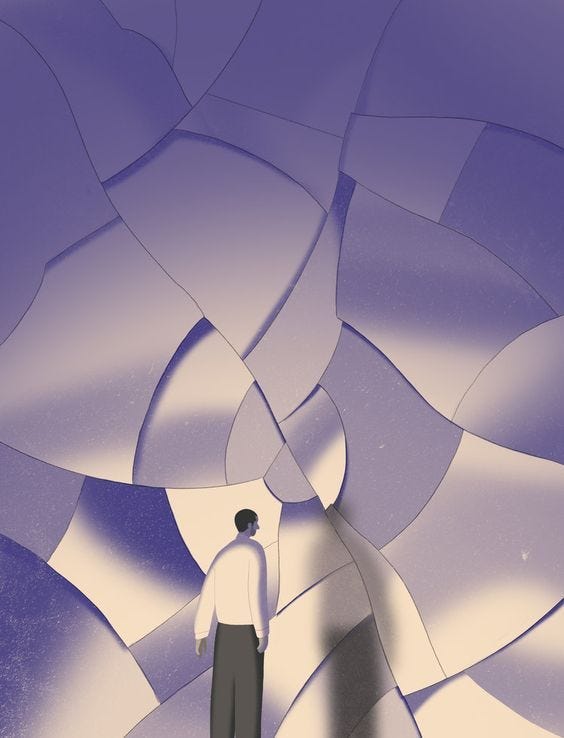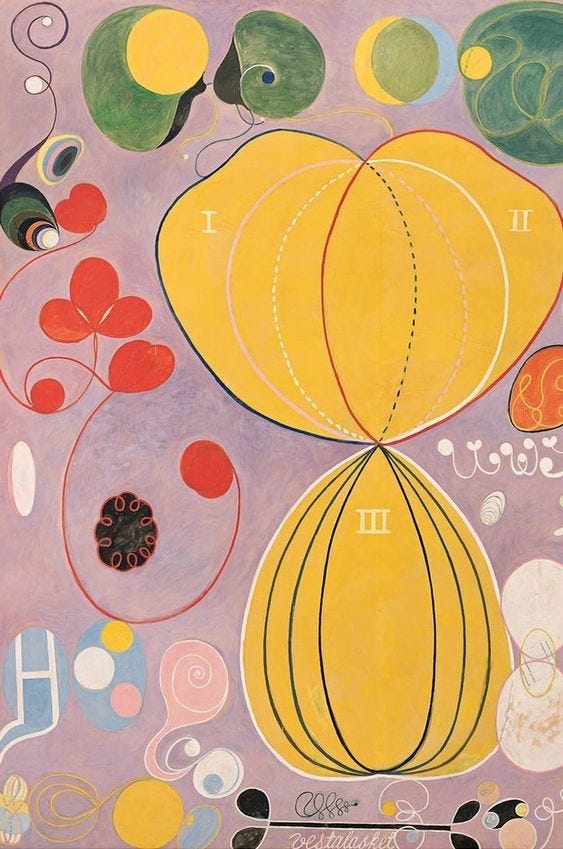During a panel discussion earlier this year, when asked for reasons to be optimistic about how our society is handling misinformation, AI-generated harmful content, and the eroding trust in democracy, I found myself silent. So many reasons not to be optimistic were on the tip of my tongue, the Weltschmerz desperate to spill out of me. Perhaps it was the 5 am train to Brussels and the consequentially necessary caffeine buzz or maybe the delirious optimism I kept hearing around me (“This will secure elections and save democracy!”) all morning. Whatever the cause, I realised, under the spotlight no less, how little faith I had left. Faith in our ability to move beyond a constant state of “fighting” — against misinformation, against climate change, against democratic decay — toward a place of true growth, safety, and social cohesion.
And perhaps most alarmingly, I seemed to have little faith in our kindness toward one another.
After a decade of working on the psychology of misinformation across contexts — from refugee crises and vaccinations to climate change and conflict zones — I felt so exhausted. But I’m not alone, right? Spend enough time on the internet, and you may believe we’re the sickest species of all. Platforms engineered for viral, bite-sized content naturally favour the inflammatory, polarising, and outrage-inducing over the calm, attentive, and compassion-inducing content (all the worse with big tech reducing and outsourcing trust & safety efforts, of course!). And as we navigate this endless flood of information, we’re often forced to witness atrocities, violence, and suffering — things that no one should ever have to see. It’s a balancing act: trying not to look away from the world’s injustices while grappling with the vicarious trauma of watching horrors unfold in real time. This constant exposure leaves us exhausted and scarred by crises that seem never-ending.
With all that in mind, I looked at the moderator and shared how painful and difficult it seems to be (or stay) human right now. We are all exhausted, burdened by a life that has become unbearably expensive and difficult, experiencing crisis after crisis with no respite. The world feels like it’s burning, both literally and figuratively and somehow no amount of protesting, donating, signing petitions, or voting seems to extinguish the profound distrust that seems to be spreading like wildfire.
I pointed out how this clashes with our digital realities. We are expected to stay informed on every issue, to speak out, and to “fight” for democracy, even as the platforms we rely on fail to address widespread election misinformation (as seen ahead of the EU Parliamentary election). I shared some of the research I’d been involved in — the growing distrust in governments, society, science, and each other.
Yikes, talk about being a party pooper.
Maybe I needed to descend that far into cynicism to understand that I couldn’t stay there. I had to find something to believe in — a reason why this struggle is still worth it.
A close friend, who works as a sustainable engineer tackling food security in the climate crisis, pointed me towards the obvious: optimism is a choice.
“We may not be able to stop climate change entirely,” he said, “but our reality will be fundamentally different depending on whether we choose to act or not. Yes, as things stand, climate change is irreversible. But just because we can’t stop it completely doesn’t mean we can’t lessen its impact. My calibrated optimism comes from knowing that if we give it our best shot, we could prevent millions from suffering severe food insecurity. That’s a fight worth having.”
That notion of calibrated optimism seemed like a small path emerging in front of me. One less extreme, less overpromising — messier, more nuanced, less perfect. Less perfect but ultimately better — a path that acknowledges our limitations, yet insists that trying still matters.
And so, after wrapping up a series of conferences about our growing societal distrust and the EU-wide prebunking campaign against election misinformation which I contributed to, I set out to find and calibrate my optimism.
That search led me to a summer of reading — fiction and scholarly work on kindness, abundance, and human flourishing. From Dante’s Inferno and Aristotle’s concept of eudaimonia to cybernetics and service design for systemic change, I sat under the fig tree and started mapping out how these ideas might help us collectively build a better future for all of us.*
I hope you join that conversation. It would be so much richer for it.
More soon,
M
*Because I didn’t even get to the part of my rant where I’m sick and tired of who gets left out of these conversations. There’s an eeriness to these discussions, a disconnect between the people in the room and those who aren’t represented at all — the youth, the marginalised, the communities across Europe that live under the radar of the “key markets,” rarely acknowledged as part of the bigger picture. Who is all this for?
This is an introductory piece to a series of incoming writings on human flourishing primarily published on Medium. Come join me.




